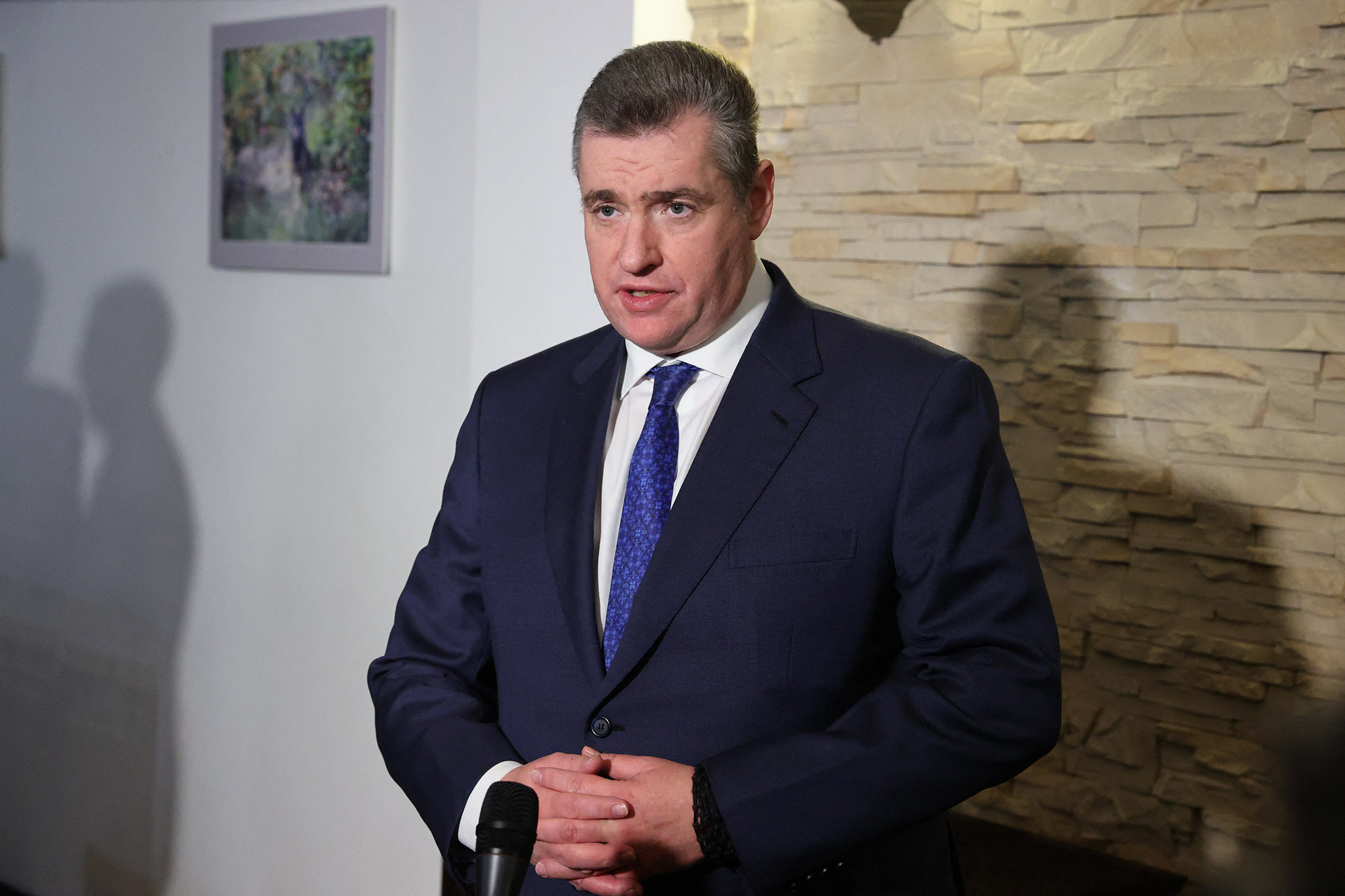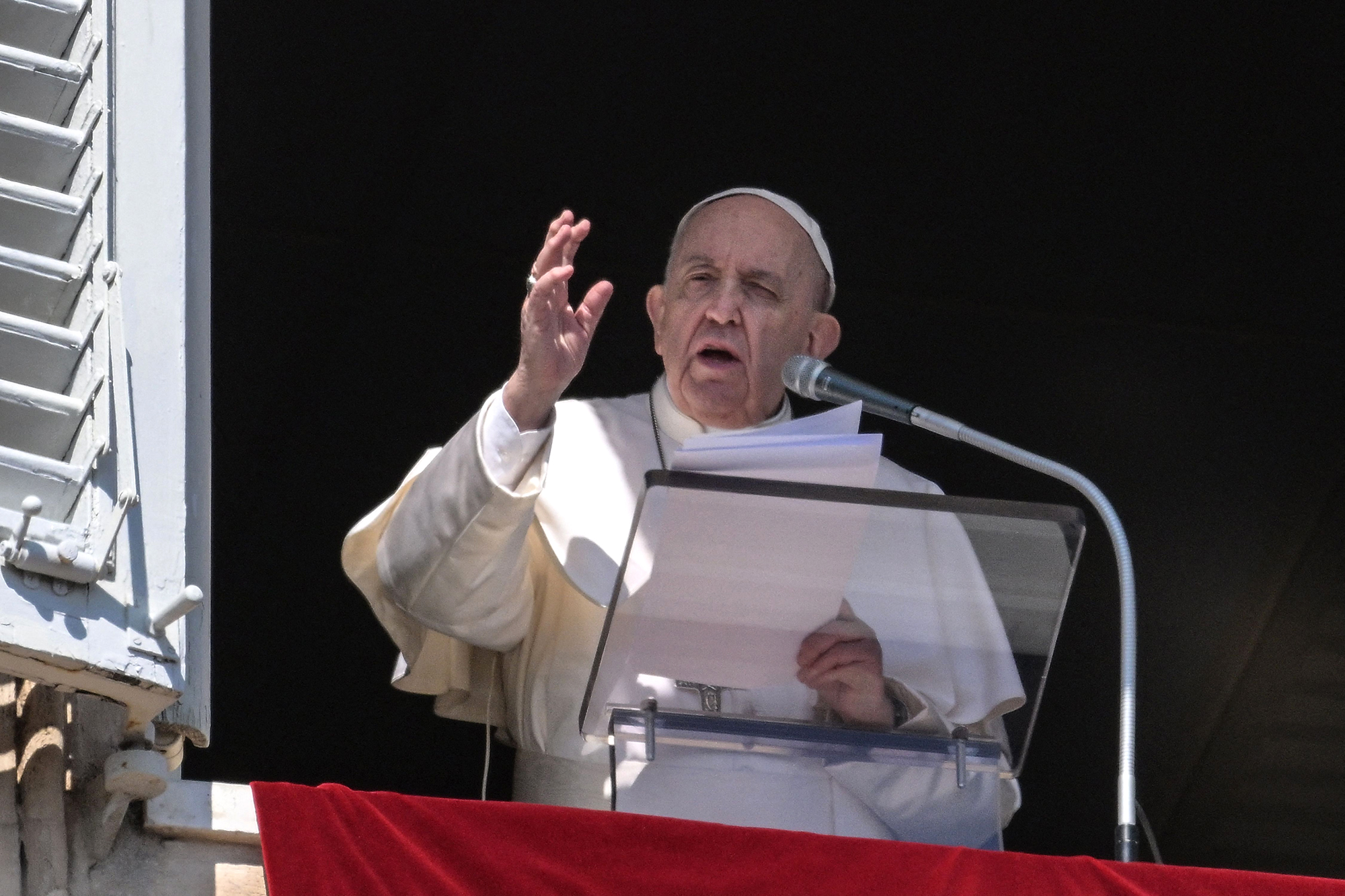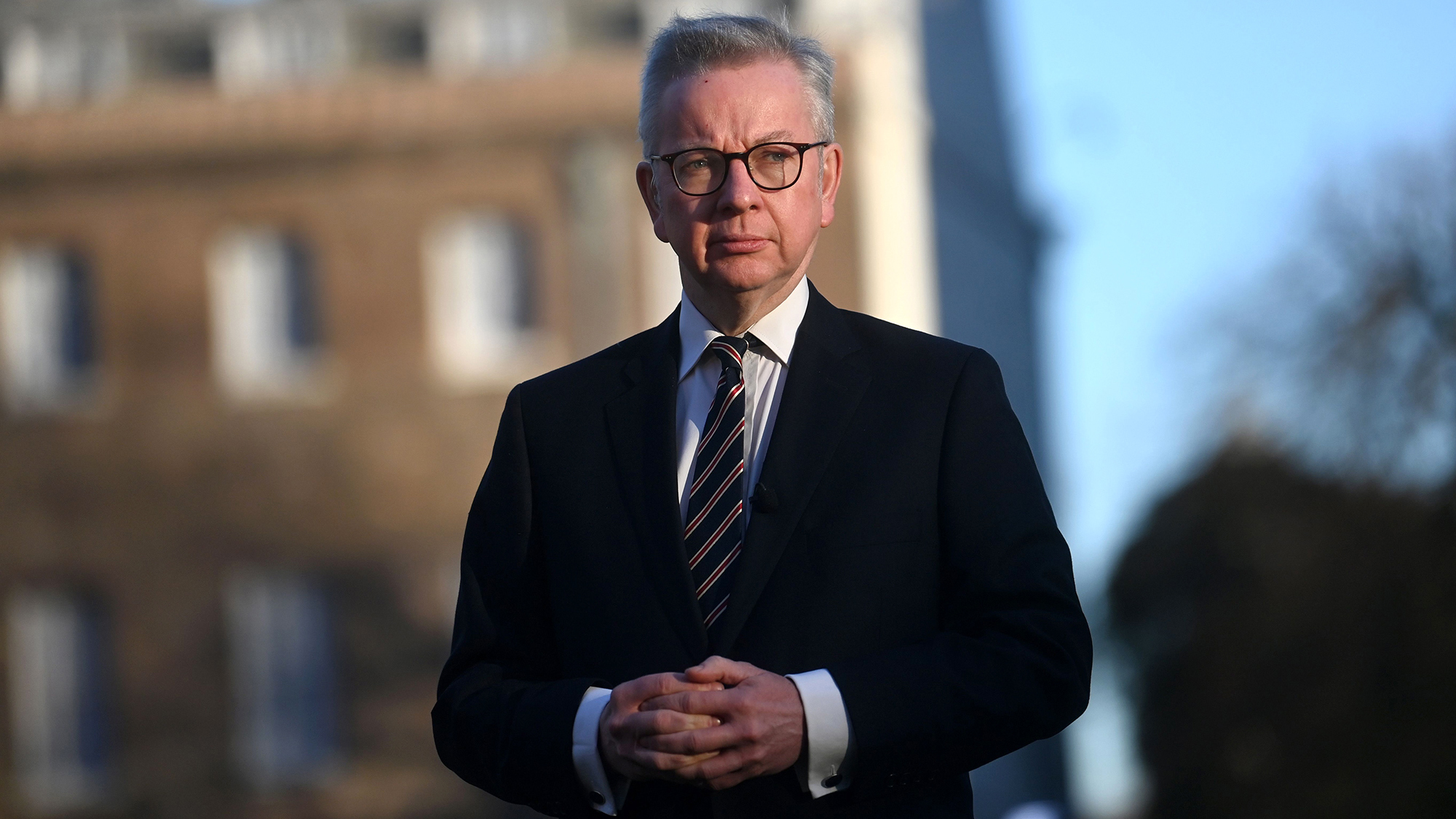
Leonid Slutsky, a Russian delegation member for the Ukraine-Russia talks, said “significant progress” has been made in negotiations with the Ukrainian delegation since the beginning of talks, Russian state news agency RIA reports.
“If we compare the positions of the Russia and Ukraine in the negotiations at the very beginning and now, we can see significant progress,” Slutsky said.
“I expect the progress may grow into a unified position of both delegations, and into a document for signing,” he said.
Background on talks: Talks between Ukraine's and Russia's diplomats last week yielded no discernible progress. Supposedly safe routes out of the country have repeatedly been contested. The civilian death toll continues to rise, and by the end of the week, both sides were trading accusations over the use of chemical weapons.
While Russian President Vladimir Putin said Friday there had been "certain positive advances" in negotiations with Ukraine, US and European officials and diplomats who spoke to CNN all expressed deep skepticism about the state of talks. None felt Putin's actions to date have suggested the Russian leader is ready to find a diplomatic off-ramp to end the war.


